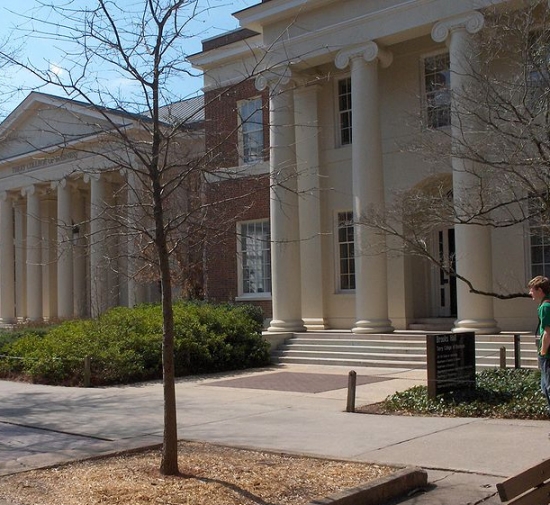Record Offices, Archives, Libraries and Universities
These are a great resource for people interested in history, whether national, local or simply of their own family or home. They therefore also provide job opportunities for people who love history and get on well with people (because record offices and archives don't just keep documents safe, they make information available, and have an ever-increasing thrust towards education). To get an idea of the kind of vacancies available, check out the national website, and click on the ‘Jobs and Careers’ link at the bottom of the page. Local Records Offices and archives are likely to advertise locally. There is also a Society of Archivists, whose website (click on Training or Careers) can provide you with useful information.
Work Experience and Volunteering:
The Public Records Office (or National Archives, as it is now known) is currently devising a work experience scheme, and your local Record Office or archives may also be able to offer work experience. At the very least they should be able to give you a behind the scenes tour and explain what they do. Some Record Offices and archives also involve volunteers in local history research projects. Why not ring them up and find out?
See also our page on Archives and Record Management
Libraries
Many libraries recruit university students as part time library assistants, so one way of finding out whether you would enjoy library work is simply to get a part time library job while you're studying. If it appeals to you, you can take post-graduate training in librarianship, perhaps while continuing to work in a library. Obviously, general libraries cover a whole range of subjects, as do reference libraries - though any search skills you gained as a student will help you help others in their studies. There are also some specialist local history libraries, and major libraries (like the British Library) also have specialist sections. For example, at the time of preparing this booklet, the British Library were advertising for a project worker who would be helping to create a web-based resource for lifelong learners on English Accents and Dialects, using their very extensive collection of oral history tapes. To get more information on careers as a librarian, go to the Chartered Institute of Library and Information Professionals website.
Work Experience and Volunteering:
Many libraries take work experience students; you can either contact your local library directly or check out your Council's website (as most libraries come under local authorities). Local History libraries also sometimes work with volunteers from local history groups to set up exhibits, or help people new to local or family history to plan their research, etc.
See also our page on Librarian Continuing Professional Development
Universities
Universities campuses can be like small towns, and so offer a whole range of job opportunities - many of which are part time and filled by students, as you will discover if you go there! - but while some grants exist for postgraduate studies, the majority of research opportunities are post MA or post-doctorate, and these are pretty fiercely fought over. They can however be worth fighting for - one around at the time of writing this booklet offered a gem of an opportunity to a History of Art PhD who would ‘provide academic support for current work on the decoration of the 16th century Royal Apartments at Stirling Castle' and would include ‘a conference and a series of publications'. The best way to find out more about working at a university is to check their websites.
Work experience and voluntary work are less likely to be readily available, though there may be some opportunities in administrative offices.


